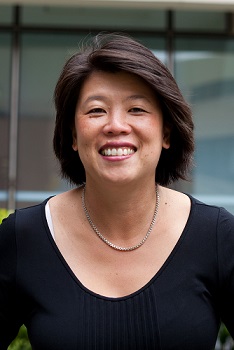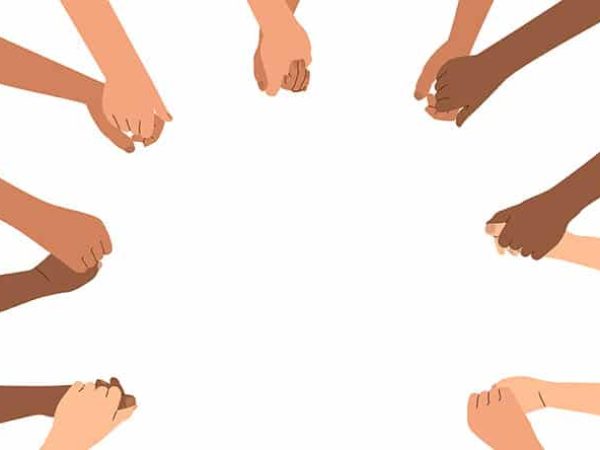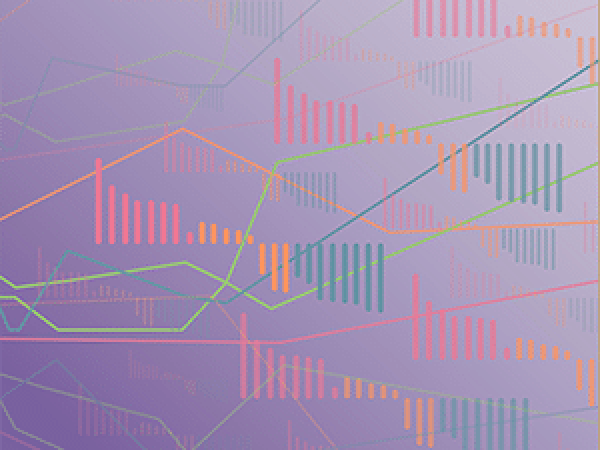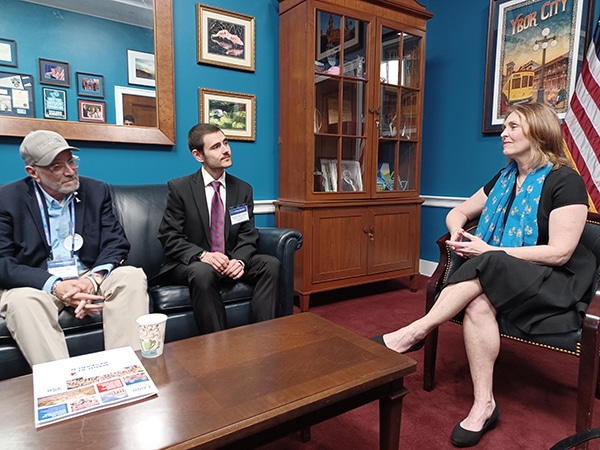AACR Workshop Alumna Pays it Forward
The American Association for Cancer Research (AACR) has long been dedicated to supporting the professional development of early-career investigators. One of the organization’s long-lived initiatives in this regard is its robust program of educational workshops designed to equip early-career investigators with the knowledge, skills, and connections they need to sustain their careers and to spur progress against cancer over the coming decades.
Next week—Wednesday, March 15, to be precise—is the closing date for applications for the longest running AACR workshop, the annual Molecular Biology in Clinical Oncology Workshop. Even though this year will mark the 26th year for this workshop, and our understanding of molecular biology and the technologies available to investigate it have advanced dramatically, the core goal of the workshop remains the same today as it did when it was initiated: to provide early-career clinical oncologists who are aspiring to become physician-scientists a substantive overview and working knowledge of keys areas in molecular biology and translational cancer research.
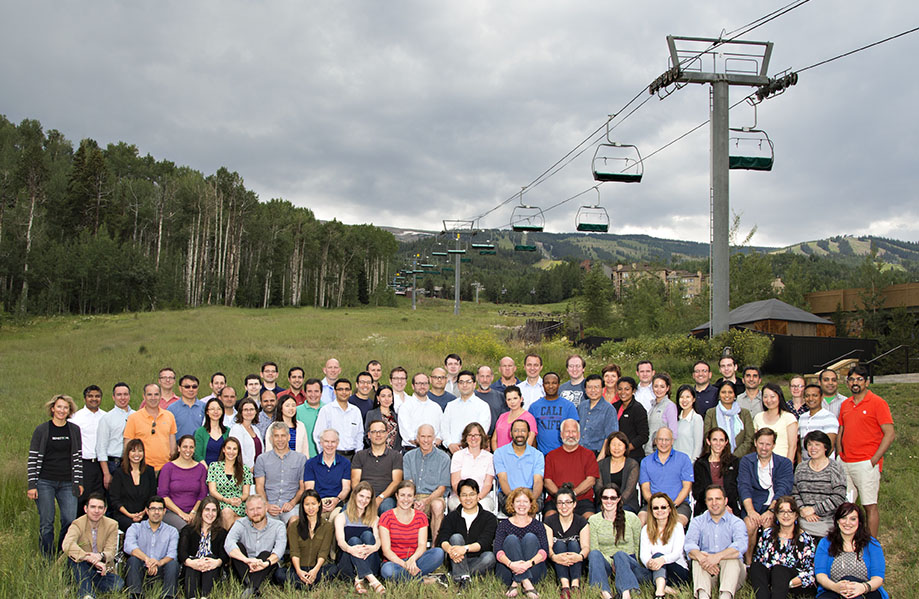
Participants in the 2016 Molecular Biology and Clinical Oncology Workshop, held in Snowmass Village, Colorado.
Over the years, the workshop has helped many clinical oncologists build successful careers in clinical and translational cancer research. In 2016, as the Molecular Biology in Clinical Oncology Workshop celebrated its 25th anniversary, several participants of some of the first workshops returned as faculty members, determined to pay it forward.
One of these participants is Mignon Loh, MD, UCSF Benioff Chair of Children’s Health, Deborah and Arthur Ablin Endowed Chair in Pediatric Molecular Oncology, and chief of the Division of Hematology Oncology at the University of California Benioff Children’s Hospital in San Francisco. Loh says that her attendance at the sixth AACR Molecular Biology in Clinical Oncology Workshop, in 1997, was a formative experience. “Attending the workshop strengthened my commitment to pursuing a career that combined caring for patients and conducting research,” says Loh. “Many of the principles I learned during that week are central to my work today, and many of the people that I met—both fellow students and faculty—remain friends and/or collaborators.”
Loh was a pediatric oncologist who had been working in the lab for about a year when she applied for and attended the 1997 workshop. “I was thirsty for more knowledge about basic science, and the AACR Molecular Biology in Clinical Oncology Workshop offered me an incredible opportunity to attain this knowledge, as well as to gain insight into a career path that was extremely appealing to me.”
Loh says that she learned a lot at the workshop that has been vital to her career as a physician-scientist. “One of the lectures I remember most was given by Mary-Claire King,” she says. “She really opened my eyes to how much could be learned by studying patients, and clinical research that incorporates molecular diagnostics and therapeutics has been a cornerstone of my career ever since.
“After taking so much away from my week at the Molecular Biology in Clinical Oncology Workshop, I was honored to be invited back as a member of the workshop faculty for 2016,” says Loh. “I am passionate about mentoring and teaching early-career investigators. As such, I was thrilled to be given the opportunity to pass on to the participants of the 2016 workshop some of the things that I learned back in 1997—such as the importance of scientific rigor and not overlooking data that don’t fit the original hypothesis—and some of the lessons I’ve picked up during my years as an independent researcher.”
Loh says that she was excited to find that the workshop had adapted over time to meet the changing needs of early-career investigators. “Not only were the participants learning about the most up-to-date advances and technologies in molecular biology, there were now grant-writing sessions and hours dedicated to one-on-one meetings with the faculty,” she says. “Given that I still collaborate with one of the faculty members who taught at the workshop I attended in 1997, I think that the increasing opportunities for networking at the workshop will help forge vital connections that will strengthen the cancer research community moving forward.”
Loh’s advice to early-career clinical oncologists considering putting in an application before next week’s deadline is simple: “Apply. It is a fantastic experience that allows you to focus on learning what you need to take the next step in your career.”

